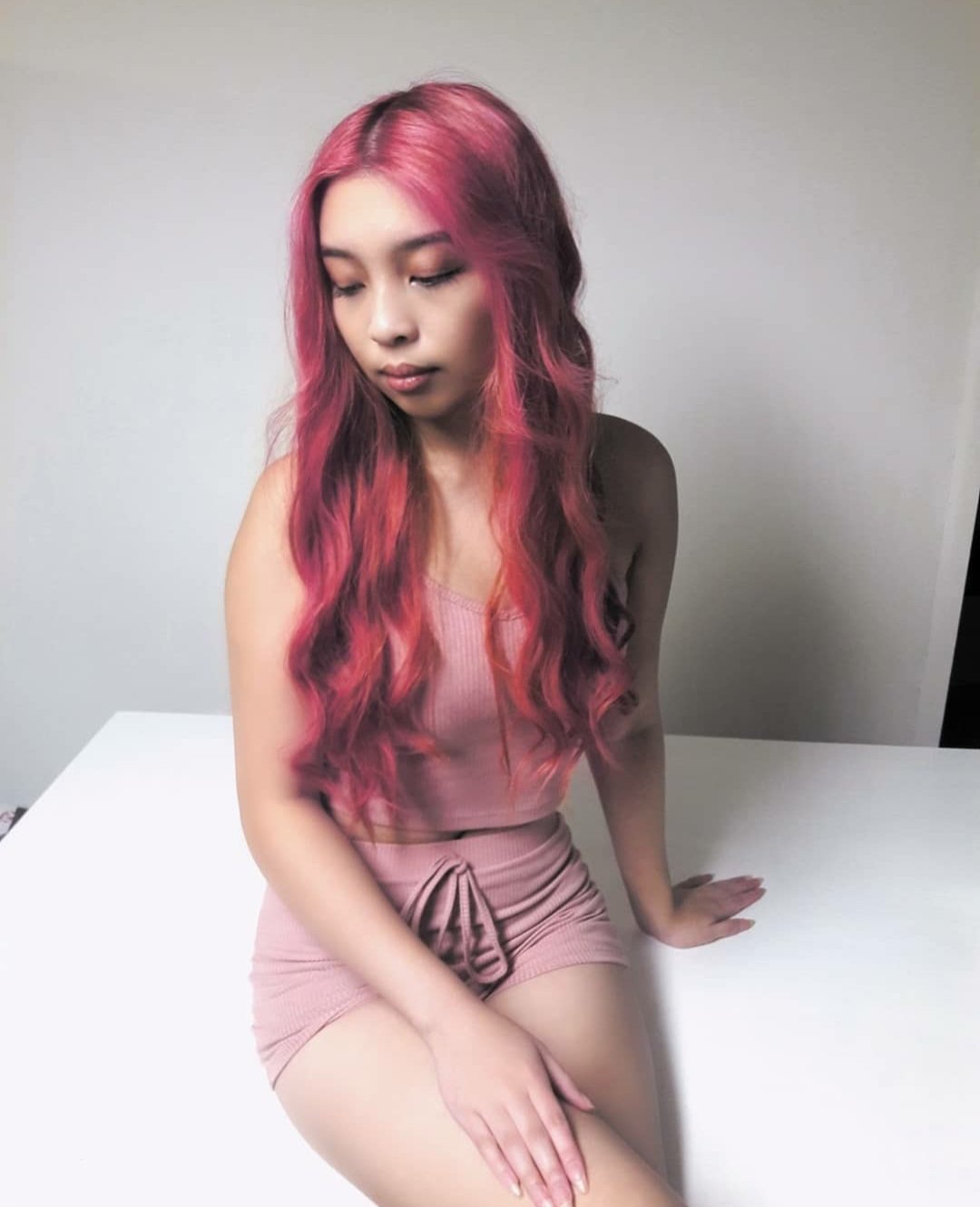"Contributor Notes: A Q&A with Ace Boggess” by Amy Ma
Contributor Notes is a new series featuring brief interviews with MORIA contributors. Below is an interview with Ace Boggess, author of Issue Nine’s “Rock Concerts in the 80s” and “Quick Fright.”
1. What drew you to a subject as specific as rock concerts in the 80s? Do you remember what image or idea first brought you to the page?
In my writing, I’m usually trying to capture a moment like snapping a photo, but sometimes that moment leads me back to other moments. In this case, the metal band Judas Priest announced a show here in West Virginia (this was right before the Delta variant hit) and I had wanted to see them since I was in high school in the 80s. I hadn’t been to a show like that in probably 30 years, and it got me thinking about all the ones I went to back then: Whitesnake, Def Leppard, Bon Jovi, Aerosmith, Ratt, and others. I’ve tried to write about those shows many times, but I’ve seldom been happy with what came out, so I keep at it. This time, this poem was the result.
2. Within your poem, you liken singers raising mic stands to peacocks lifting their feathers. What were you hoping to explore or articulate with this metaphor?
One thing about what we now call the “hair-metal” bands was that they were showy, and always with a sort of over-the-top sexuality to their stage presences. At some point in every show, mostly young women would crowd down front as the singer leaned off the stage, and they reached out as one to touch his famous sweat. It’s a strange thing to look back at, and I have no idea if that sort of thing happens to day. In my late teens, it was fascinating.
3. How would you describe the tone of this poem, and why did you decide to express it that way?
Nostalgic. Definitely nostalgic. Those concerts were escapes for me. My relationship to the various types of music I’ve loved over the years fills me that nostalgia. With this piece, all that nostalgia just sort of oozed out of me. Maybe that’s why these poems don’t always work. Too much nostalgia, and they become maudlin, but too little and they leave the reader wondering what’s the point?
4. Do you have any process for keeping notes and tracking ideas? What does the drafting process look like for you?
I really don’t keep notes. My head is full of all kinds of crap and when I’m looking for a poem, I tend to just reach in and grab something. Plus, as I said, I’m usually trying to capture a moment, so there’s always something going on wherever I am at the time that I find almost childlike fascination in, and I always to write about that. An editor told me once many years ago that my writing I was too momentary, so of course I immediately turned around and wrote a poem about how an editor told me my poems were too momentary, and I sent it out to a quick acceptance from another editor. Writing’s a funny game.
5. What poets do you count as major influences on your writing? Is there anyone's work in particular that helped you write "Rocks Concerts in the 80s"?
The two big ones that I always list are David Lehman and Adam Zagajewski. Reading their books—The Evening Sun and Without End respectively—changed and continue to change my approach to writing. But the truth is, I read so much poetry, whatever I can get my hands on, and all of changes me a little. My writing is kind of like the jean jackets we used to wear to those 80s concerts, with buttons all over them that have, instead of the names of bands, the names of a thousand poets.
6. An intentionally open-ended question, but what life experiences have been most informative for your education as a poet?
Between my first book and second, I spent five years in prison. That’s been the major focus of my writing for years. It’s not something I recommend, but all new life experiences are helpful in their own way.
Amy Ma
Amy Ma is a production editor for Issue Nine. She is a soon to graduate as a fashion major. She loves sleeping and daydreaming in her spare time. She is a quiet and reserved girl but loves going out to parties and dancing.

